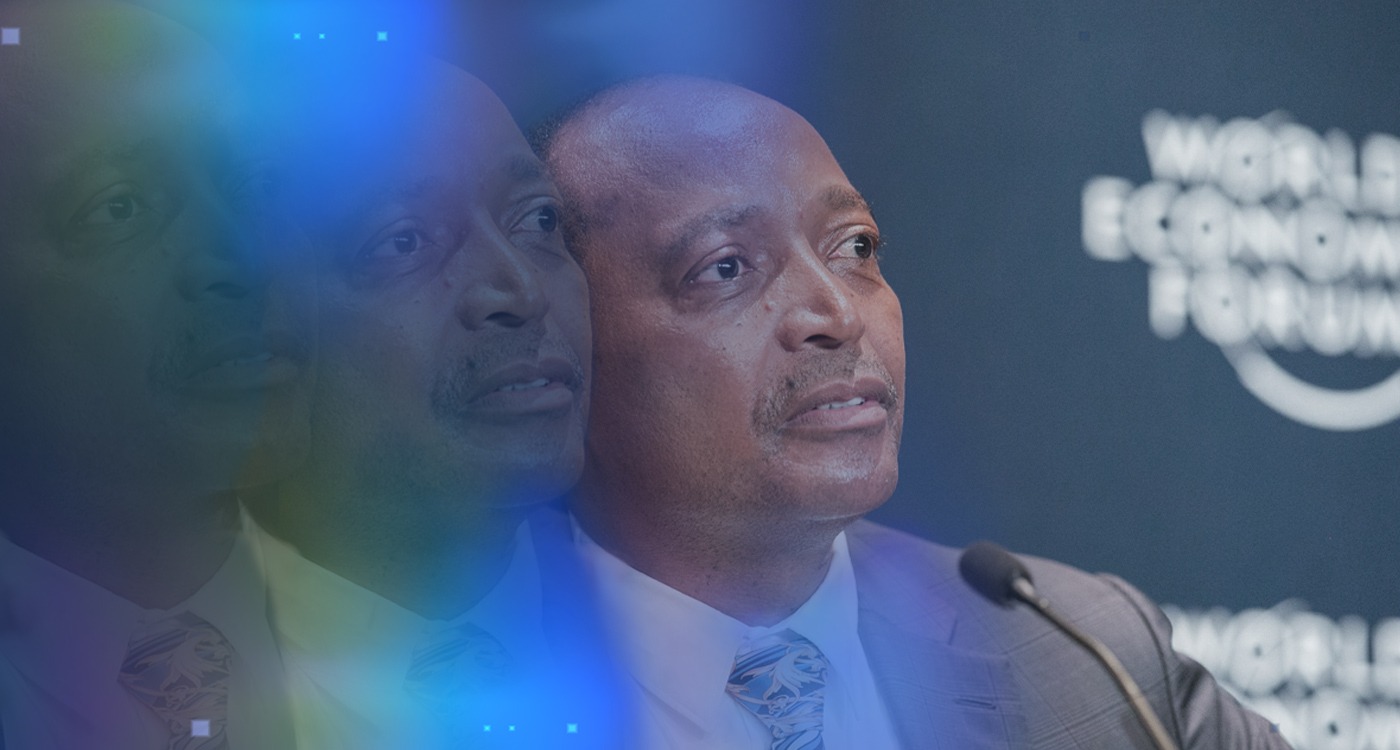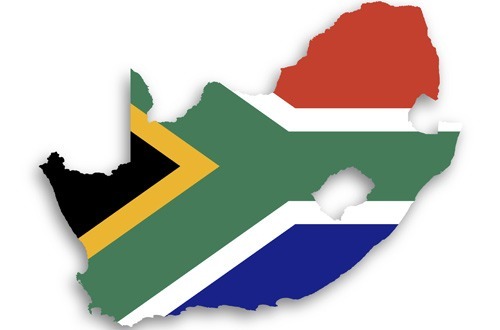“The ideal founding team is two individuals, with a history of working together, of similar age and financial standing, with mutual respect. One is good at building products and the other is good at selling them,” is how CEO and co-founder of one of the largest crowdfunding and social network platforms US-based AngelList, Naval Ravikant, describes the make-up of the perfect startup team.
Picking the right co-founder for your business is critical, perhaps even more so than your product, market and investors, says Ravikant, who was recognized as the Angel Investor of the year at Techcrunch’s 10th Annual Crunchies Awards, in an article on how to pick a co-founder.
It is critical for startups to leverage off the ‘power of team’.
But what exactly is this ‘power of team’ and how do you build a bankable team?
We speak to 4 startups, 2 investors and an accelerator to find out the skills, characteristics and drive all teams need.
THE VALUE OF EXPERIENCE AND A TRACK RECORD
Evan Walther, FitKey. Walther together with Joshua Shimkin are the founding team behind FitKey, a fitness app, that connects users to a range of geo-located exercise classes, designed to give fitness enthusiasts the gift of choice.
“The key for us was a combination of previous relationships and experience. We had track records that showed
we can get things done, and working relationships with investors who trusted us.”
Anish Shivdasani, Giraffe. Giraffe is the startup that brought out a mobile recruitment app which enables businesses to recruit staff faster and cheaper, and was founded by Shivdasani together with Shafin Anwarsha, Bradley Cowie and Chetna Parbhoo in 2014.
“A founding team needs to demonstrate some progress or traction.”
THE POWER TO EXECUTE
Trevor Wolfe, Delvv.IO. The team at Delvv.io is led by founders Remon Geyser alongside Wolfe. Their platform specialises in providing professional feedback for creative concepts. Its biggest use case today is for getting feedback on advertising campaigns.
“At the early stages of company formation you want to hire people that can execute in unpredictable or unestablished scenarios and work environments. They need to not only be comfortable at taking on different tasks and projects as needed by the company but good at supporting in different roles. Industry experience can be important but sheer determination around the vision can be more critical to help you plug the holes of a leaky ship.”
Matthew Putman, iKhokha. Operating in the payments solutions space, the startup was founded by Durban-based techpreneurs Ramsay Daly and Matt Putman together with their mentor Dr Clive Putman. iKhokha provides a mobile POS system for small-to-medium local businesses.
“Our process focused on identifying people with a strong work ethic, who were genuinely excited about our goals and brand. Ambitious and smart team players with manageable egos, who had a desire to grow through taking on challenges outside their comfort zone. Cultural fit and the above character
traits were more important for us than experience.”
Anish Shivdasani, Giraffe – “The key thing here is that investors are going to invest in you and your team because they believe you are capable of executing. It’s not because of the idea that you have. The team needs to be dedicated.”
COMPLEMENTING SKILLS
Jayshree Naidoo, Standard Bank Incubator. The business incubator, located in Rosebank, offers a free co-working space, providing entrepreneurs with mentoring, coaching, and access to training in enterprise development and content delivery for corporates.
“Ensure that your founders and your team is representative of your core business and has the capability to service each of the technical areas that make up your core offerings. The team should have the right level of business acumen, experience, qualifications and experience to articulate the value they add at an individual and team level. This approach will strengthen the profile of the business and make it more attractive from an access to markets or commercialisation perspective and make it attractive for funding.
Anish Shivdasani, Giraffe – “The team needs to be diverse. And what I mean by that is that you need to have the right combination of people in your team. So in our case, we have one guy who is a really good developer, very strong technically, and he has worked in lots of different companies. The second founder is extremely strong from a products perspective. He had a background in statistics and actuarial science, and he showed evidence that he was strong in product development. The third person in the founding team has a very good track record in commercial and sales. So it’s about a team that complements each other, where you have each person bringing in different skills to the table.”
Clive Butkow, Grotech. Grotech is the fundraising initiative for Grovest, a venture capital company (VCC) targeted at investors with an appetite for higher risk to invest in high-growth, disruptive tech companies.
“There are three things I look for. Firstly, Execution Intelligence. At least one of the founding team members must have ‘done it before’. They must have built a startup before. I am not prepared to pay for your school fees. Secondly, they must have Domain Expertise. They must understand the industry in which they operate. I also look for Tech Skills. If you are launching a tech startup, is there at least one person who is technically skilled? Then there is Business Expertise. By this I mean that the team must have the ability to run a business. Do they have Sales, Marketing, Financial skills and so on? They don’t need to be experts in everything but can they understand how a business runs?”
A HEALTHY OBSESSION
Yossi Hasson, Techstars. Founded by David Cohen, Brad Feld, David Brown, and Jared Polis, Techstars is a startup accelerator that provides mentorship-driven seed-stage investment services for technology-oriented companies.
“Is this team obsessed? Are they willing to spend the days, nights, weekends and years that it takes to build a sizable company? What have they done to date that shows this obsession? Is this a calling that they just need to go after? Will they outwork anyone else who enters the same space and competes with them? Is this all they can think about, talk about and all they want to spend their time on? Are they literally, obsessed?”
THE RIGHT PERSONAL SKILLS ARE THE FOUNDATION
Clive Butkow, Growtech. “There are two parts to this and they are firstly personal attributes and secondly skills of the founding team. I break the personal attributes into the ‘4Cs and the I’. The ‘I’ stands for Integrity and it’s one of the most important things I look for. Without this my conversation with any team will be a short one. I don’t mind a team that has made mistakes but I should not find out something about a team that they haven’t told me. They must have integrity. Then there’s Courage. The team must have the courage to make the tough decisions. The second ‘C’ stands for Conviction. This means that the team is able to stand on its own. They must be able to see things through.”
“The next ‘C’ stands for Charisma. I look for a team that has at least one person with charisma. This means that they are able to galvanise their team, that they are able to sell to their clients and are able to sell to their investors.
“And lastly, they must have curiosity. This means that you must be a continuous learner. It means you must always be knowledgeable about your industry, your competitors and what the next five years will look like. You must always be learning. I have more than 20 years’ experience and investors in general have a huge amount of knowledge. If the team already thinks they know everything, then there’s really nothing I can teach them.”





